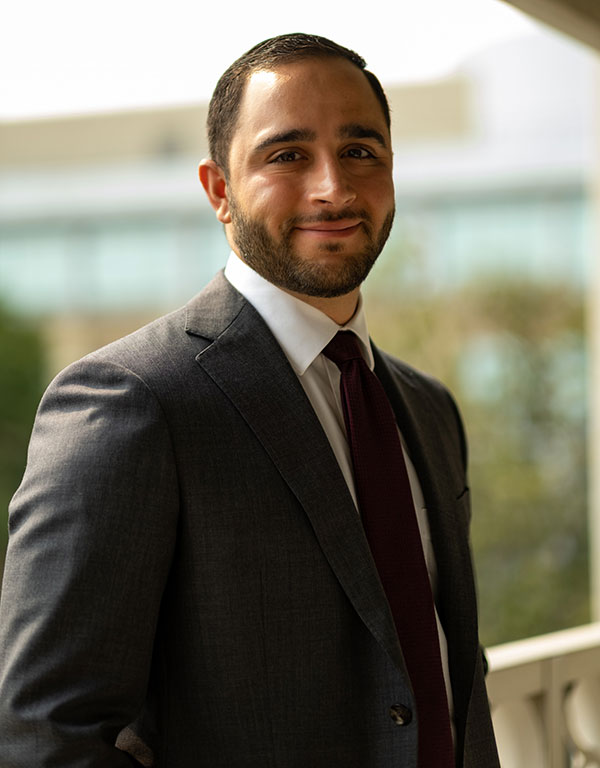Attorney Ibraham Dbouk has extensive experience representing clients from the pre-filing stage to the initial court appearance (called an “arraignment”), and through each step of the criminal justice process, including jury trial. In our initial case assessment meeting, we will explain the fundamentals of the case and share the legal options and defenses available to you.
Pre-Filing Stage
We represent client’s before they are arrested and formal charges are filed in court. If you think you are being investigated for a crime it is important to contact a criminal defense attorney immediately. We will be able to advise you on your rights so you do not unnecessarily incriminate yourself or give the prosecution more evidence against you than they may already have. The way a case is defended before an arrest is made can significantly impact the outcome of a case if charges are later filed. Police are allowed to use deceptive tactics to get you to incriminate yourself. You should never talk to the police without an attorney present. If the police are attempting to get a statement from you, contact a criminal defense attorney ASAP so we can communicate on your behalf.
The Arrest
If you are arrested, the police will often designate a bail amount that is in place until your arraignment. If you are able to post the bail amount, you can do so if you sign a promise to appear in court. If your bail is set at “no bail” or at a high amount that you cannot afford, Ibraham Dbouk, as your criminal defense attorney, will meet with you at the jail prior to your arraignment in order to gather the information necessary to effectively argue for a lower bail or for release on your own recognizance. In preparation of devising a legal strategy, Attorney Dbouk and his legal team will obtain the police report and carefully review the evidence against you, or lack thereof.
The Arraignment
The arraignment is the court appearance where there is a formal reading of the charges. If you’re currently incarcerated, awaiting arraignment, Attorney Dbouk can meet with you at the jail or a detention center where you’re being held to gather information and answer any questions. It is in the best interest of the defendant to have a criminal defense attorney present during the arraignment. It is at this time we will argue for a lower bail amount or for your release from custody. Depending on your custody status, we will likely continue the matter to a future court date so we can further investigate the allegations.
After the Arraignment:
After the arraignment, we will request information from the prosecution, often referred to as “discovery”, which includes but is not limited to: copies of the initial police report, supplemental reports, any 911 calls, lab reports, surveillance footage, body camera footage or any other discovery related to your case. If necessary, we will conduct our own investigation through a qualified private investigator. If applicable, we can file pretrial motions that can affect the admissibility of certain evidence against you and the outcome of the case. We will gather mitigating evidence from you and actively negotiate with the district attorney to achieve the best possible outcome that we can. If we are unable to reach a resolution that we want, we will prepare for a jury trial.
In felony cases, if the case does not settle or get dismissed there is a preliminary hearing prior to the jury trial. In this hearing the judge will decide if there is enough evidence, “probable cause”, for the trial to proceed. If the judge finds that there is sufficient evidence at the preliminary hearing, the prosecutor will file a document called “the Information.”
As your criminal defense attorney, Ibraham Dbouk will present all favorable evidence in an attempt to get your case dismissed, or if that’s not possible, a favorable plea bargain. Most criminal cases in California are resolved through plea bargains, although that may not always be possible given the unique facts of each case. The final step in the criminal process is a jury trial.
The Trial
In cases where a plea agreement has not been reached with the prosecution, or if the client isn’t interested in one, then a trial date will be scheduled. Before the trial takes place, we will be well prepared by reviewing all the evidence obtained from the prosecution during the discovery process, contacting and interviewing witnesses, and devising a strategy with the greatest likelihood of achieving a not guilty verdict during trial.
Attorney Dbouk has extensive motion and trial experience. He has taken over a dozen cases to verdict with a very favorable success rate.



